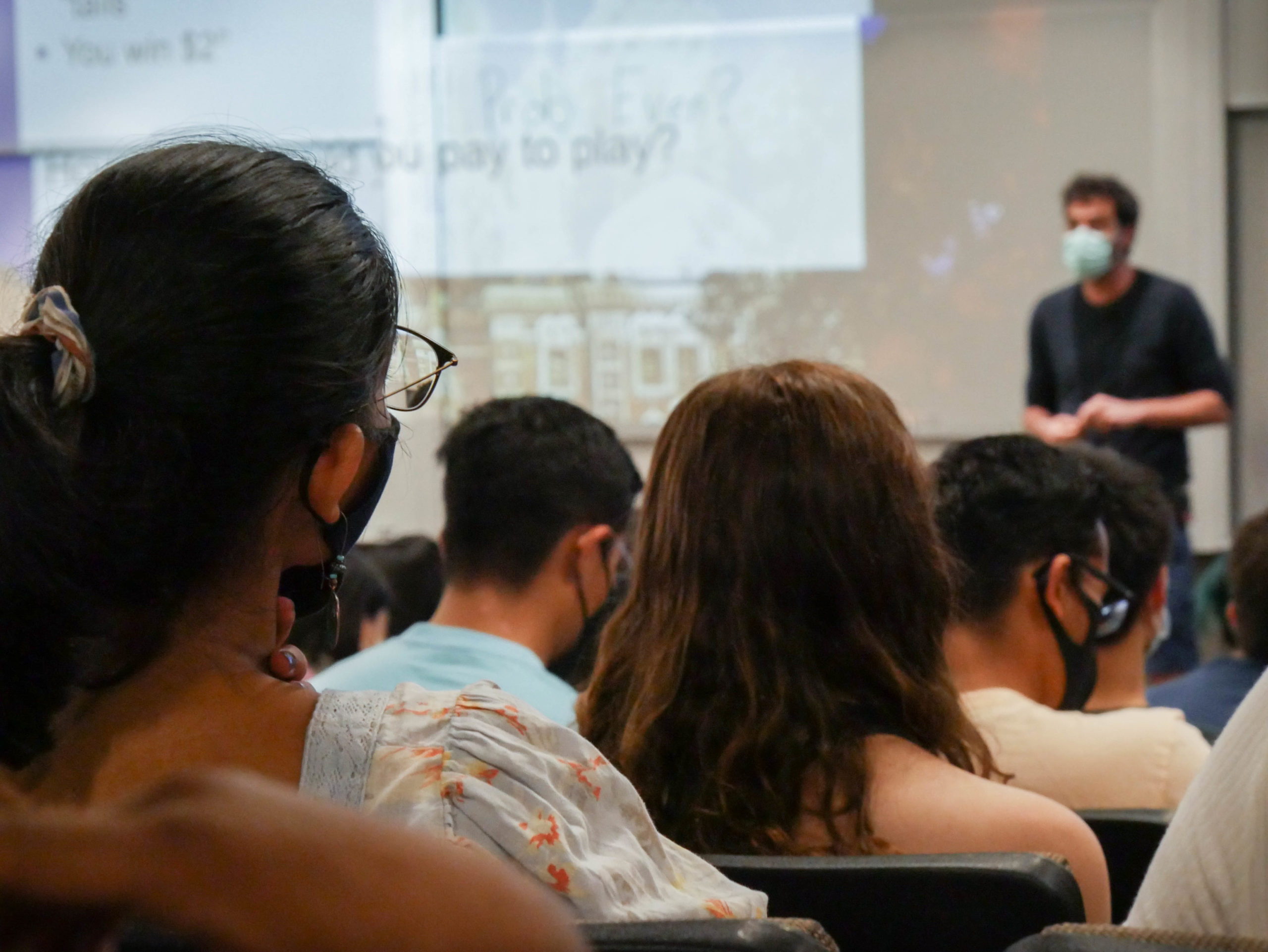Students have developed a petition calling on Stanford to issue a University-wide mandate that courses be made virtually accessible for COVID-19-positive students in isolation. Instructors are not currently required to record course sessions, leaving some students in isolation to rely on their peers and teaching staff to keep them up to date on course material.
The petition, which was released approximately four weeks ago, has garnered more than 200 signatures. Organizers are also asking the University to give students the opportunity to create guidelines on how instructors can make classes more accessible for those in isolation.
The petition states that the lack of “remote access to course content for students in isolation” essentially penalizes students for contracting COVID-19.
Some students who have caught COVID-19 during the first two weeks of in-person classes have struggled to stay on top of course material.
After contracting the virus before the start of classes, Malachi Frazier ’24 said that he was forced to scramble for ways to keep up with his classes while in isolation. Frazier said that because only two of his four classes provided class recordings, he has struggled to keep up with classwork.
“It’s been rough,” Frazier said. “It has definitely affected me in negative ways as I try to catch up on classes. But as a student I don’t feel in a place to ask my professor, ‘Can you record these lectures for me?’ I feel like an obvious answer from professors is most likely going to be no.”
The feeling of powerlessness that Frazier described is a focal point for the petition organizers, who said they believe a University mandate could ensure that students feel supported and empowered to complete course assignments and stay on track. The petition also states that the lack of a mandated online option could “disincentivize prompt reporting of COVID-19 symptoms, endangering students, faculty, and staff.”
The petition further requests that course meetings and office hours be made remotely accessible for students in isolation and that COVID-positive students be allowed to switch between letter and credit/no credit grading options until the conclusion of finals week. It additionally calls on the University to allow COVID-positive students to withdraw from courses without having the withdrawal notation included on their transcripts and to require instructors to include the updated policies in course syllabi.
University spokesperson E.J. Miranda wrote in a statement to The Daily that “while the University remains focused on providing students with in-person instruction and interaction, faculty are encouraged to be flexible in course planning and classroom activities in light of the ongoing pandemic.”
Miranda also wrote that students should discuss academic concerns with their academic advisors.
Emiko Soroka, a first-year Ph.D. student in engineering and petition co-author, said that she and her fellow organizers are still pursuing their policy goals following the release of the petition.
At a Graduate Student Council (GSC) meeting on Sept. 22, co-author, council member and third-year Ph.D. student Emily Schell M.A. ’18 expressed her concern that students exposed to COVID-19 might still feel obligated to attend in-person classes rather than miss out on course material.
“My concerns were related to the reality that I had a positive COVID case in one of the classes I taught last week,” Schell said. “I personally could choose to teach online until I was certain of a negative test, but my students did not have that same privilege.”
Soroka said that despite reaching out to University administrators to discuss improvements to the policy, student advocates have not been included in the decision-making process.
“At the suggestion of the GSC, I emailed [the Office of Accessible Education] to ask if they could hire student camera operators to provide remote access for quarantined students, the way they hire notetakers for students with disabilities,” Soroka said. She added that two weeks ago she “received a response that the email was passed to higher-ups” but has heard nothing since then.
According to Soroka, progress has been slow for student advocates, who she said feel evaded by administrators.
“It’s been stressful,” Soroka said. “Some of us have already been notified of positive COVID cases in our classes. If a class is not recorded, we have no choice but to keep attending even if we know one of our classmates tested positive.”
Soroka is also trying to mobilize students to take action. Soroka said that she recently updated the petition with a note “encouraging students to talk to their professors and departments about COVID policy.”
“It’s very frustrating that so many students are expressing these concerns and admin doesn’t care,” she said.
